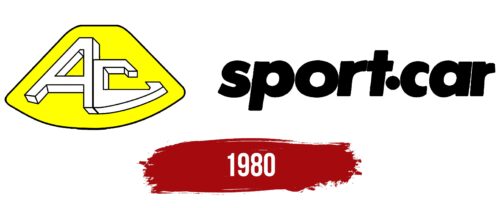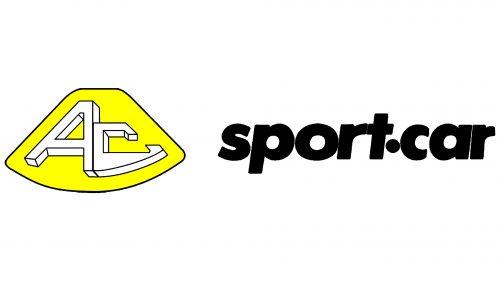AC Sport Cars: Brand overview
Portuguese automobile manufacturer AC Sport Cars was founded in 1980 by Augusto Carvalho. The company produces lightweight sports cars with fiberglass bodies and tubular steel frames.
An important feature of most AC Sport Cars models was the use of Ford Kent engines, one of the earliest examples being the AC Cobra 340, which debuted in 1984.
This small automaker took a unique position in the market by focusing on building replicas of classic models such as the Shelby Cobra, MG B, and Ford GT40.
Throughout the 1990s and 2000s, AC Sports Cars continued to produce sports cars. These were typically produced in small batches and were aimed at car enthusiasts who appreciated these unique, classically inspired models.
AC Sport Cars may not have been a large and mainstream manufacturer, but for several decades, it continued to operate as a specialized manufacturer of replicas of classic sports cars that were proudly made in Portugal. The company targeted a specific segment of the market that was looking for a continuation or retro styling of lightweight sports cars powered by Ford engines.
Meaning and History
1980
The first element of the AC Sport Cars logo is the unique badge. This badge is a trapezoid or pedestal with a wide base and a narrow top. Two letters, “A” and “C,” are perfectly inscribed inside it. These letters form a three-dimensional monogram because they have three-dimensional sides. The first letter is placed above the second, which gives the logo a unique look. Thin black lines outline the edges of the letters. The background is colored lemon yellow. On the right side is the text typed in bold lowercase font. The words “sport” and “car” are separated by a large dot in the middle.
The trapezoidal shape gives the logo stability. The lemon-yellow background looks energetic like a sports car rushing down the road. The dot between the words “sport” and “car” serves as a small pause, forcing attention to both words. It’s as if the logo is saying, “Hey, it’s not just a car. It’s a sports car!”. But it doesn’t do it in an ostentatious way, but in such a way that the design speaks for itself.





